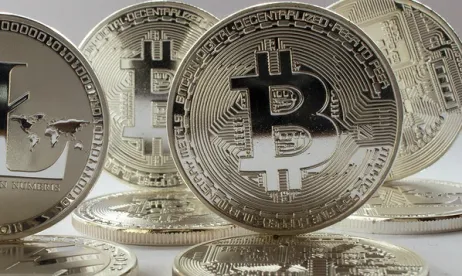In an unusual and courageous move last week, SEC Commissioner Hester Peirce (aka “Crypto Mom”) urged the Securities and Exchange Commission to adopt a rule that would exempt the sale of tokens or cryptocurrencies from most provisions of the federal securities laws. It’s courageous in its scope and unusual because she (and her staff) drafted the proposed rule leaving the SEC few excuses to avoid considering it.
If adopted by the SEC, the rule will allow anyone to conduct initial coin offerings (ICOs) of tokens intended to be used to develop a decentralized or functional network, provided, that “Network Maturity” occurs within three-years. “Network Maturity” is defined by the proposed rule as when the network is either (i) no longer controlled by a single group or (ii) is functional, as demonstrated by the ability of token holders to use tokens for the transmission and storage of value, to prove control over the tokens, to participate in an application running on the network or in a manner consistent with the utility of the network.
The rule requires the development team to disclose to the public their backgrounds and the platform’s source code and transaction history. In addition, they must disclose details surrounding the token launch and supply process, including the number of tokens to be issued in the initial allocation, the total number of tokens to be created, the release schedule for the tokens, the total number of tokens outstanding, and the current state and timeline for the network development.
In its present form, the rule would place no restrictions on the amount of money raised, the type of investor who may invest (i.e., non-accredited investors), and it would preempt all state securities (blue-sky) laws. Not only would the rule allow secondary trading of the tokens, it requires the development team to undertake good faith and reasonable efforts to create liquidity for the tokens. The rule’s preliminary note expressly recognizes that secondary trading is necessary both to get tokens into the hands of people that will use them and to offer developers and people who provide services on the network a way to change their token for fiat or cryptocurrency.
The proposed rule also includes exemptions from the Securities Exchange Act of 1934 for market participants by excluding from the definitions of “exchange,” “broker, and “dealer” transactions in tokens exempt under the rule. The proposed rule also provides an exemption from Section 12(g) of the Exchange Act, which otherwise would subject issuers with more than 500 non-accredited token holders (or 2,000 accredited holders) and $10 million in total assets to register under the Exchange Act and become subject to the full securities regulatory regime applicable to US public companies.
Finally, token sales under the rule would not be exempt from the rescission liability provisions of Section 12(a)(2), the anti-fraud provisions of Section 17 of the Securities Act of 1933, nor state blue-sky civil liability statutes, so controlling persons may still be jointly and severally liable for rescission if the issuer makes a material misrepresentation or omission of a material fact in connection with the sale.
The rule is entitled, “Securities Act Rule 195 – Time-Limited Exemption for Tokens.”




 />i
/>i

